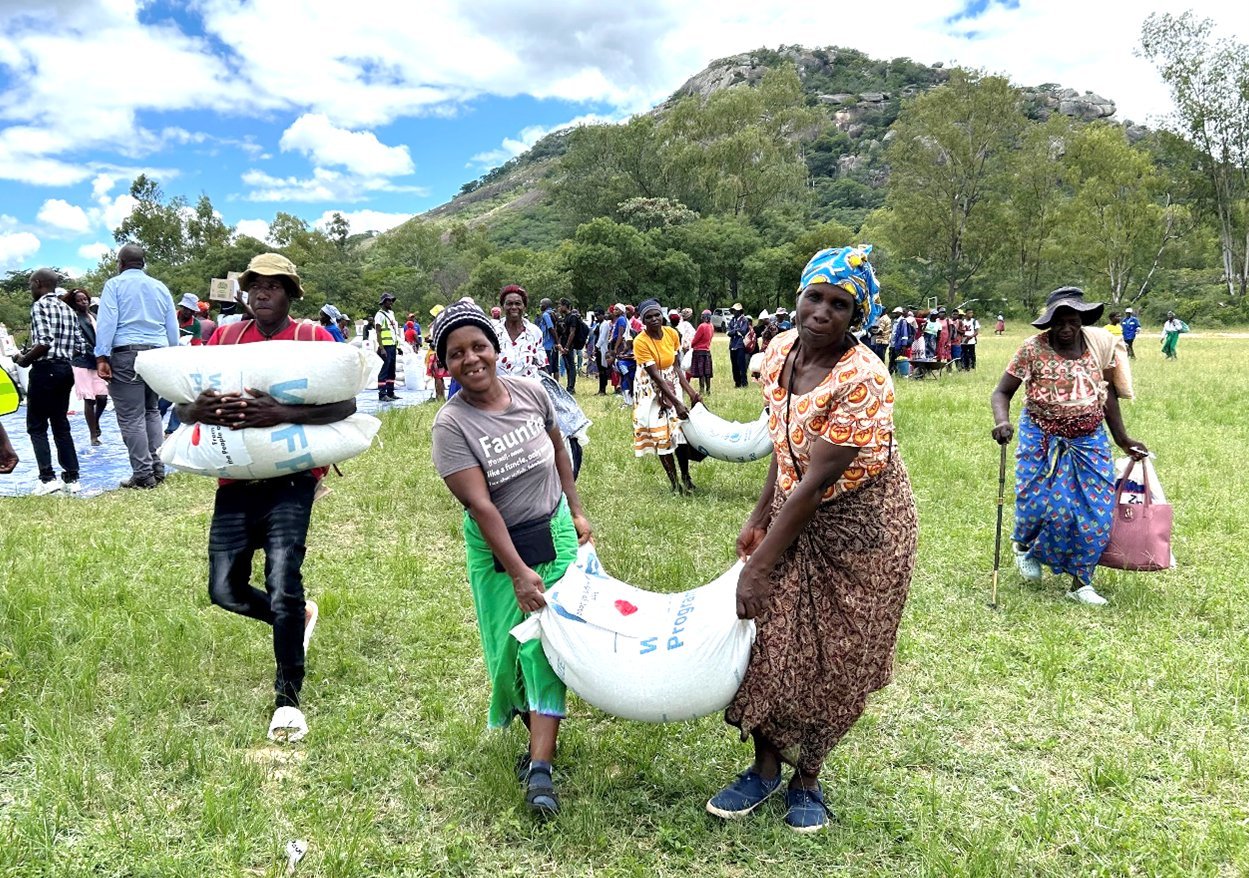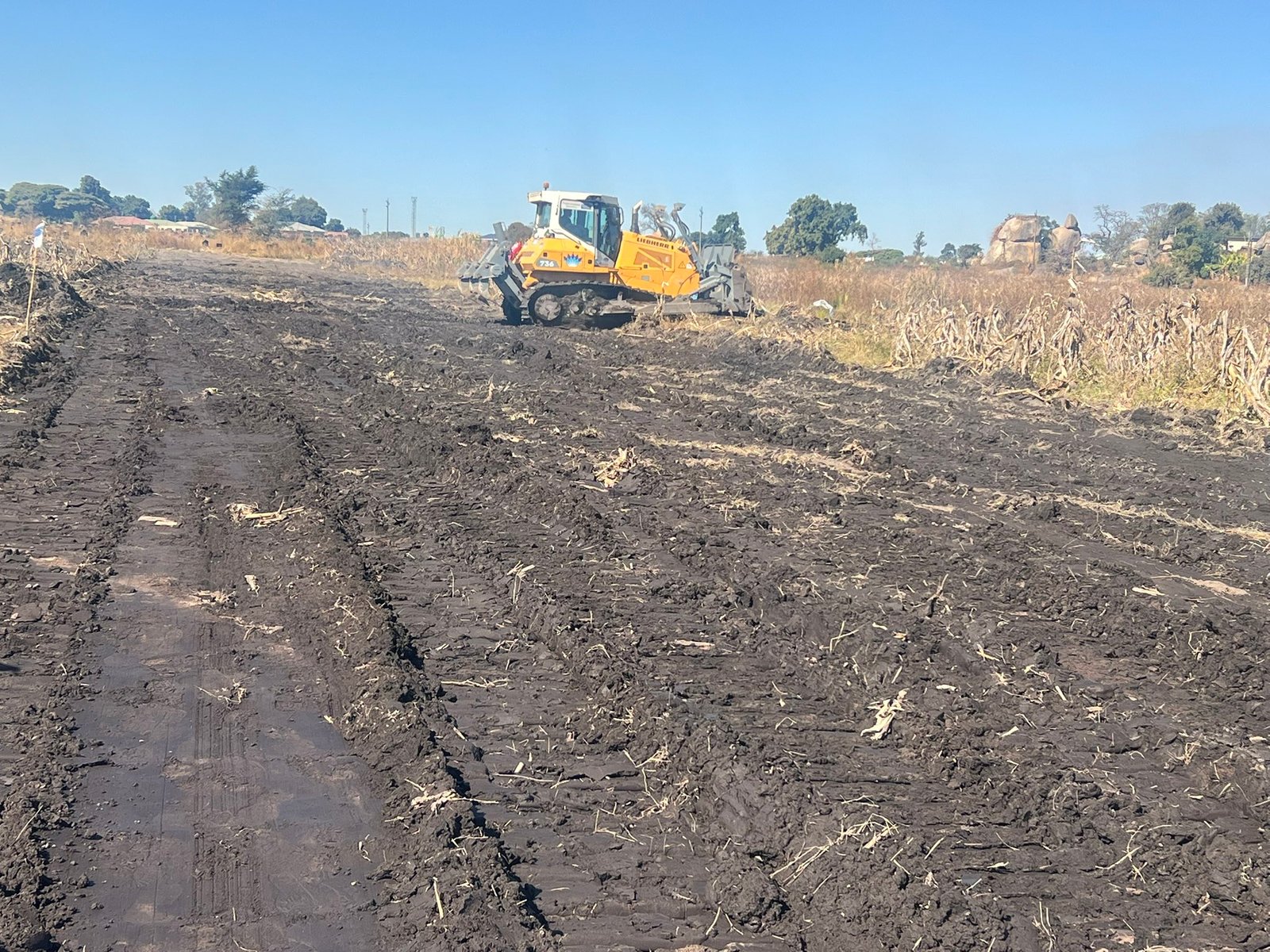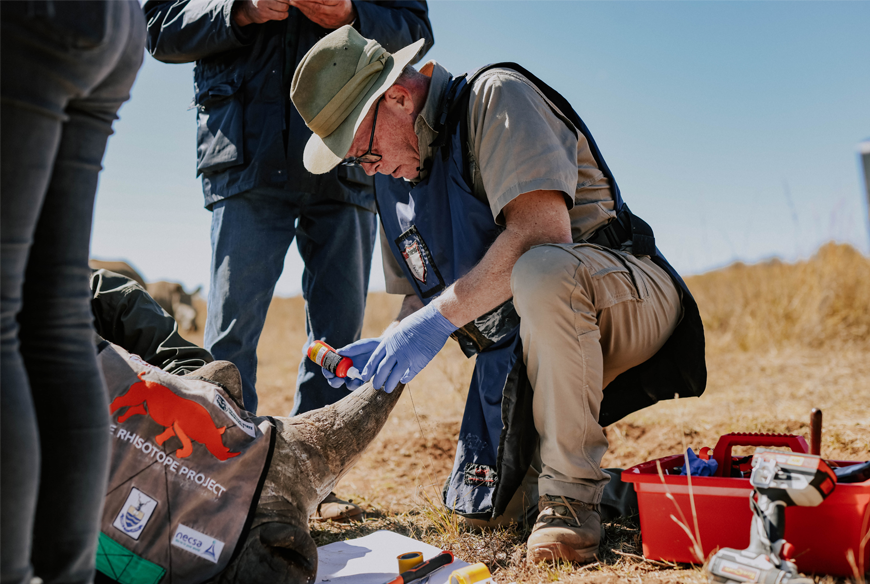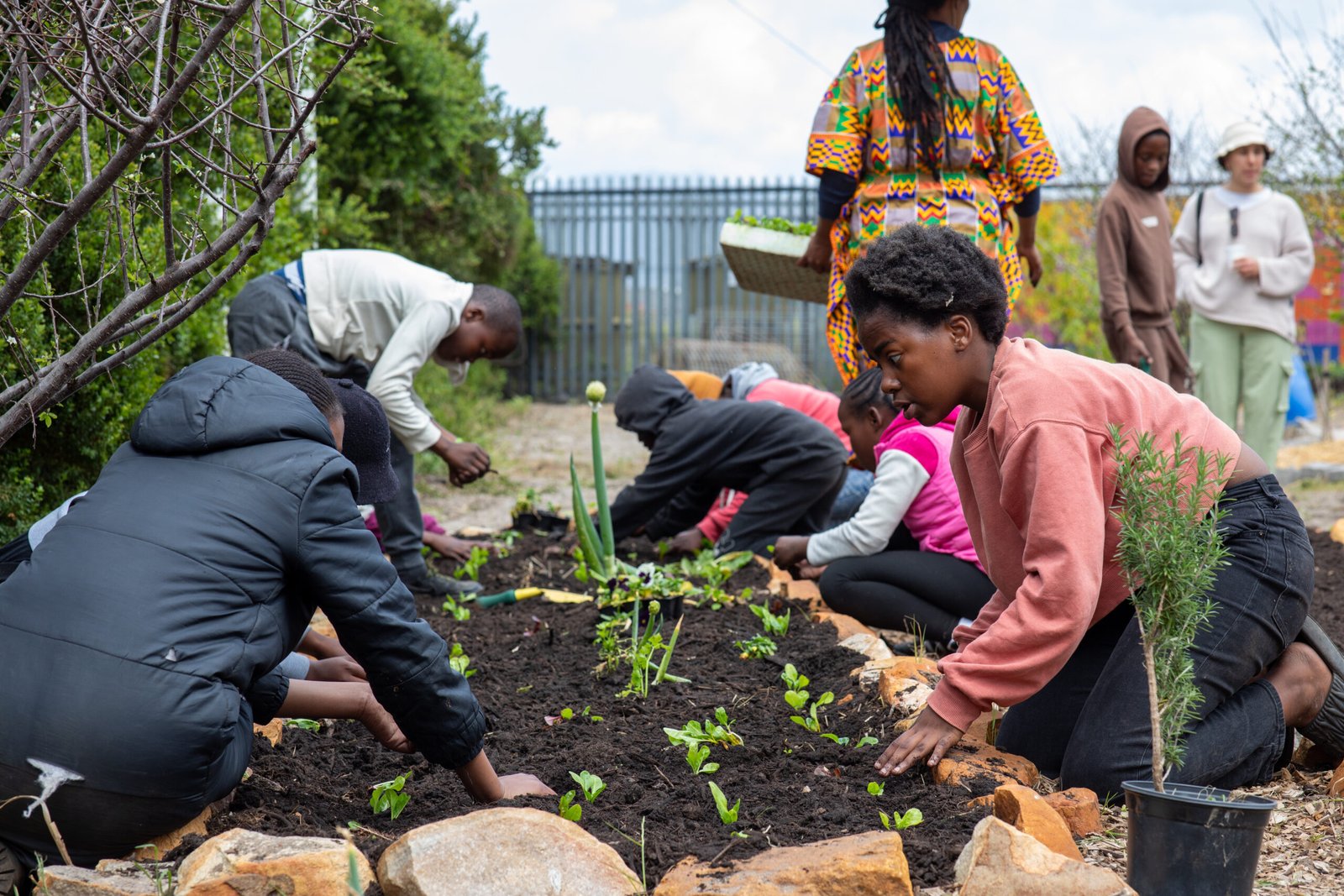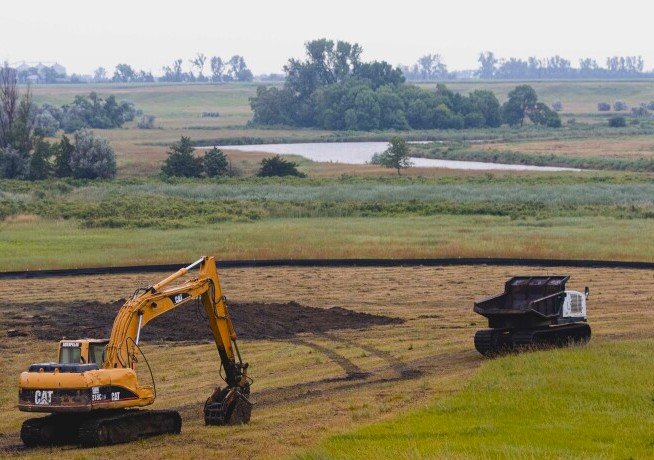Millions in Zimbabwe grapple with the devastating effects of El Niño-induced drought, and Japan has stepped in with a significant food aid package worth $2.8 million.
Food shortages putting nearly 20% of Zimbabwe’s population at risk of hunger have been caused by poor harvests in drought-ravaged areas where people rely on small-scale farming to eat.
El Nino is a natural and recurring weather phenomenon that warms parts of the Pacific, affecting weather patterns around the world. It has different impacts in different region
Japanese Ambassador to Zimbabwe, Shinichi Yamanaka, announced the aid during a celebration at the Japanese Embassy in Harare marking the 65th birthday of His Majesty, the Emperor of Japan.
“Japan responded to the drought challenges in Zimbabwe and provided food aid worth $2.8 million,” he stated.
President Emmerson Mnangagwa last year declared the drought a national disaster, appealing for $3 billion in humanitarian assistance.
The government has begun distributing food aid following support from various humanitarian agencies and partners.
Ambassador Yamanaka noted that the Japan International Co-operation Agency is aiding rice and horticultural crop production in Zimbabwe, underscoring a commitment to agricultural development.
“We are expanding our economic ties, with Japan supporting sesame seed production in Zimbabwe,” he added.
He expressed confidence that assistance in education, health, gender equality, and mine clearance through international organizations and NGOs has provided significant relief to communities at the grassroots level.
Yamanaka also announced the resumption of petalite exports to Japan after a two-year hiatus. Petalite is essential for producing traditional earthenware pots in Japan, and coffee exports, halted for two decades, have also resumed.
Foreign Affairs Minister Amon Murwira praised Japan for its ongoing support.
“We acknowledge the co-operation in implementing infrastructure development projects, including the rehabilitation of highways like the Hellgate section in Makuti,” he said.

